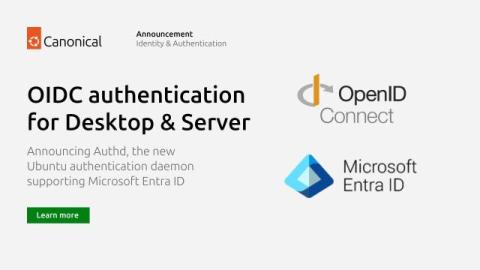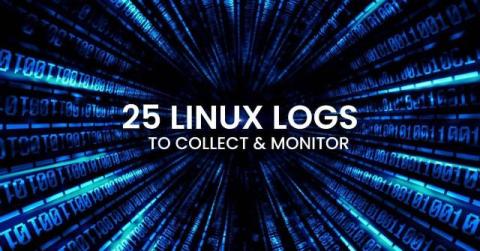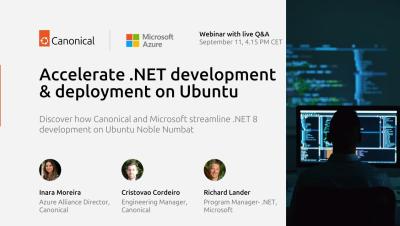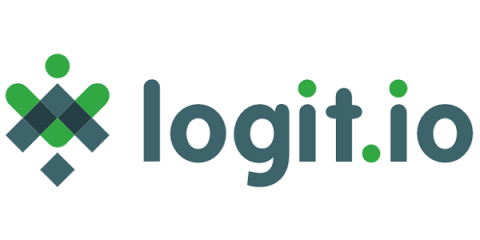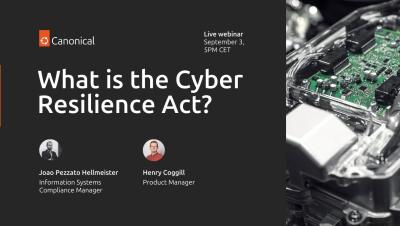Introducing Data Science Stack: set up an ML environment with 3 commands on Ubuntu
Canonical, the publisher of Ubuntu, today announced the general availability of Data Science Stack (DSS), an out-of-the-box solution for data science that enables ML environments on your AI workstation. It is fully open source, free to use and native to Ubuntu. It is also accessible on other Linux distributions, on Windows using Windows Subsystem Linux (WSL), and on macOS with Multipass.



